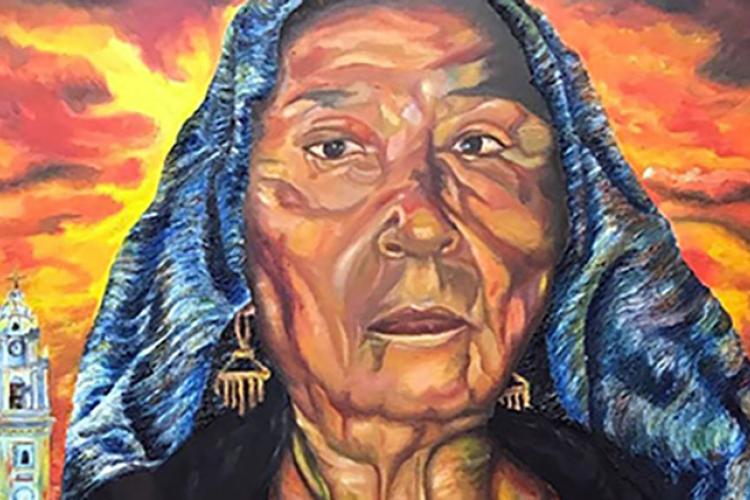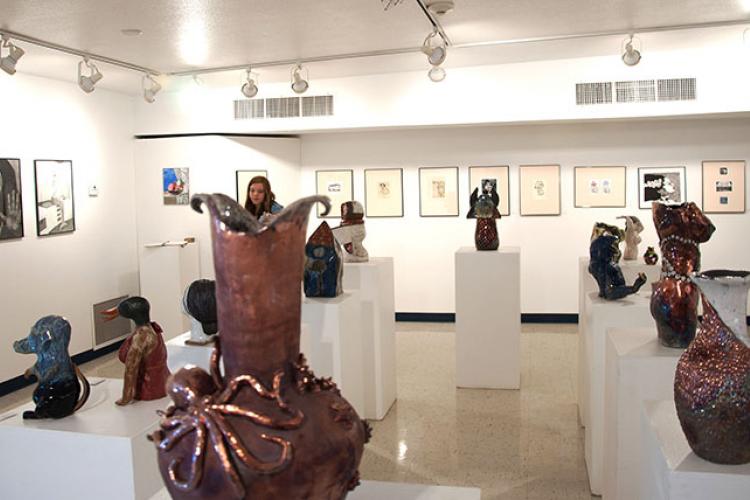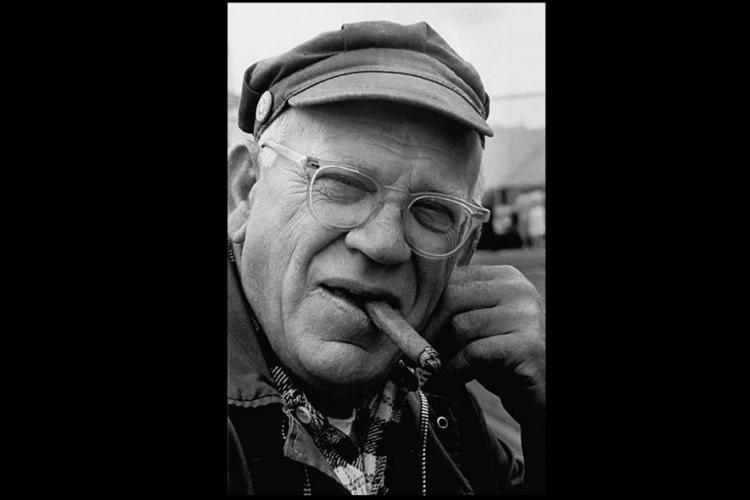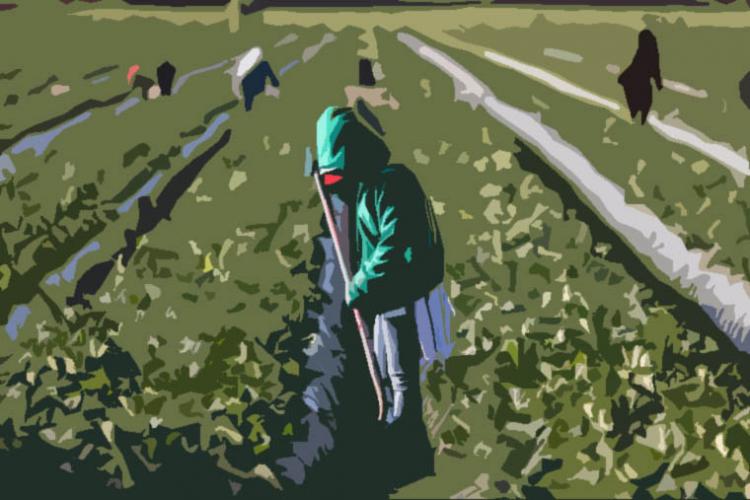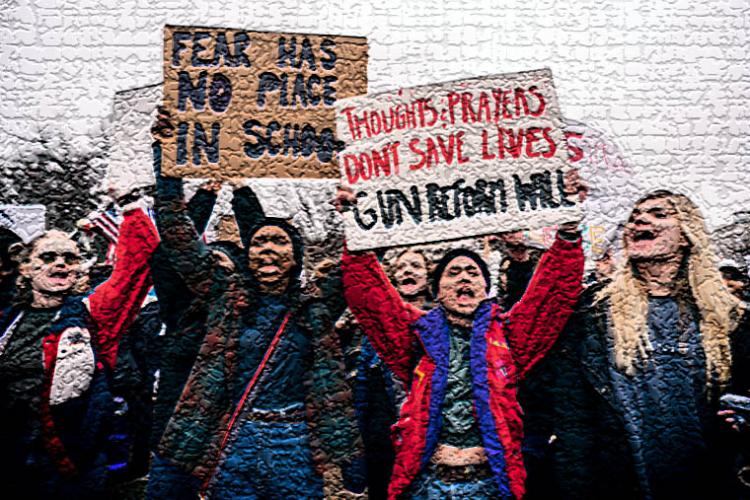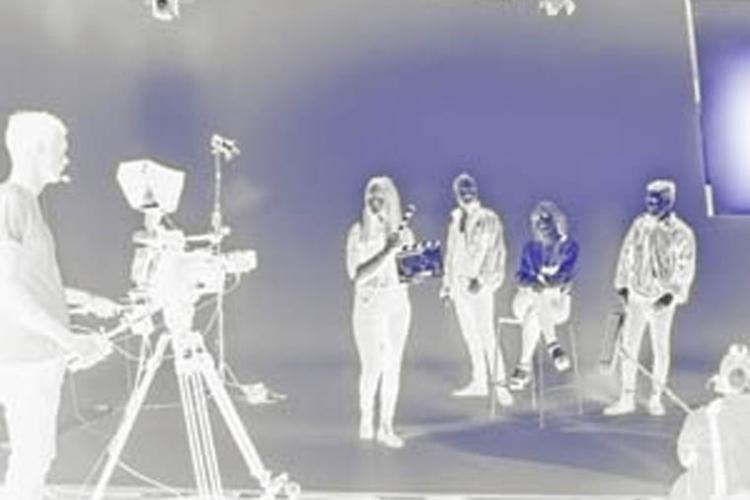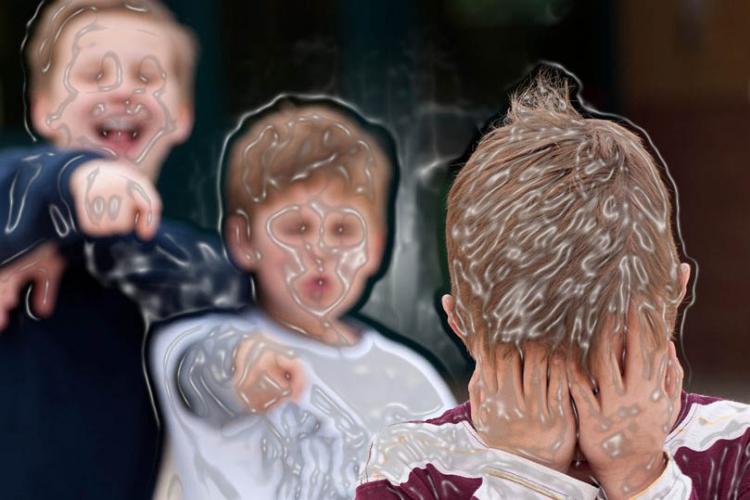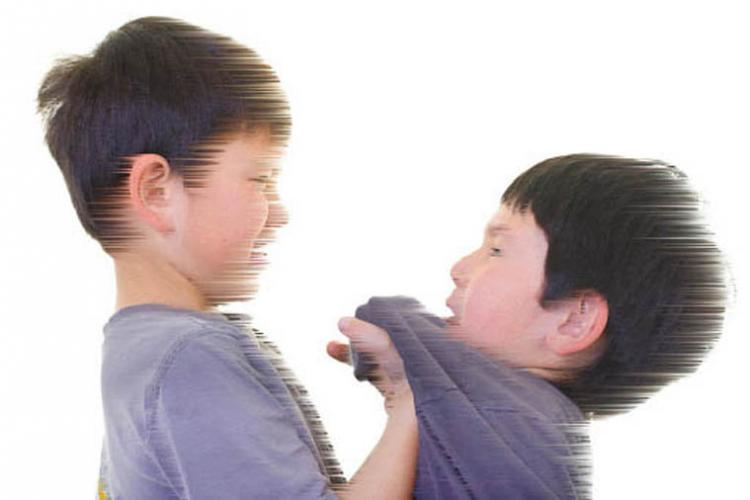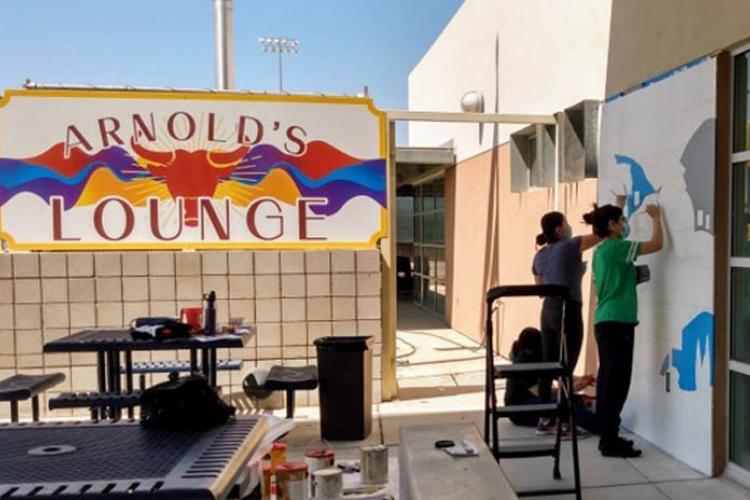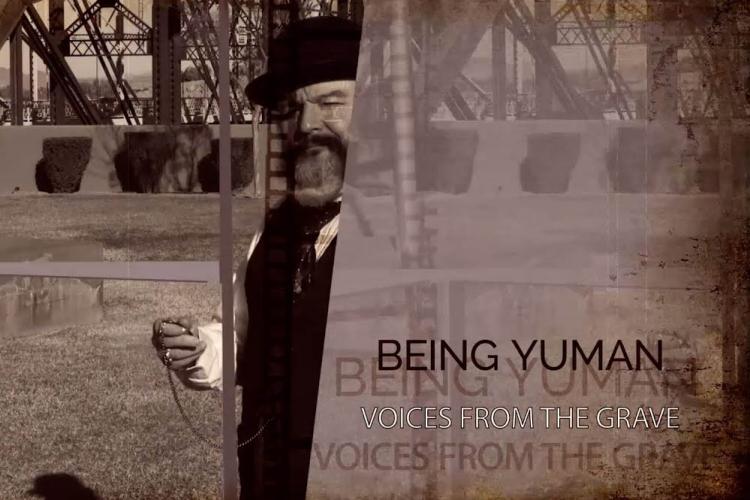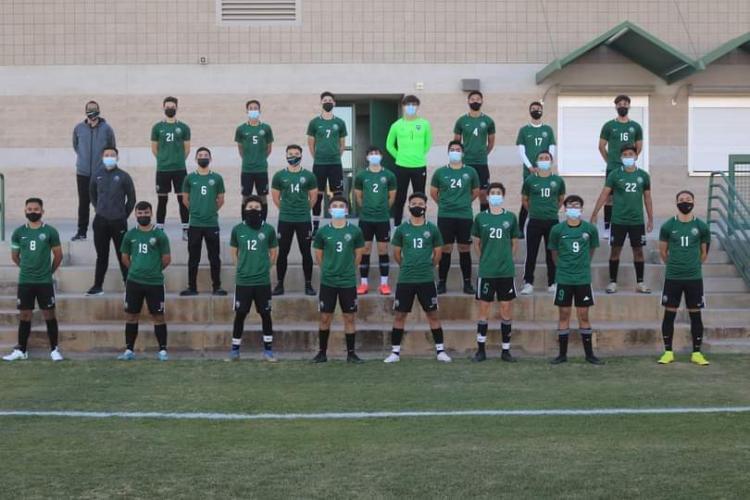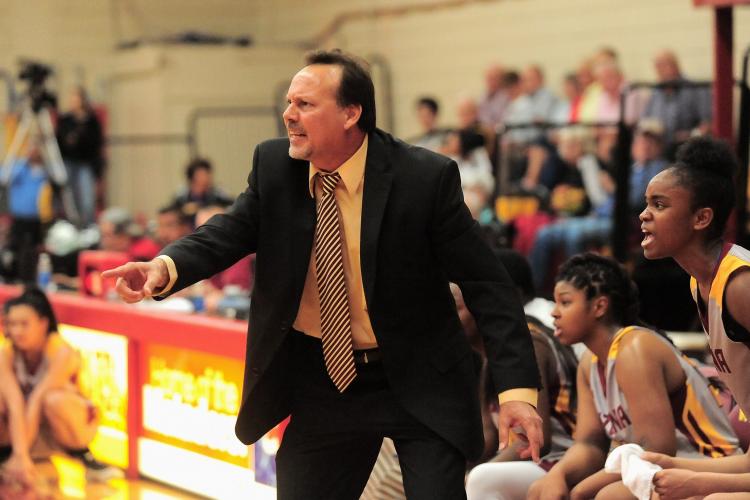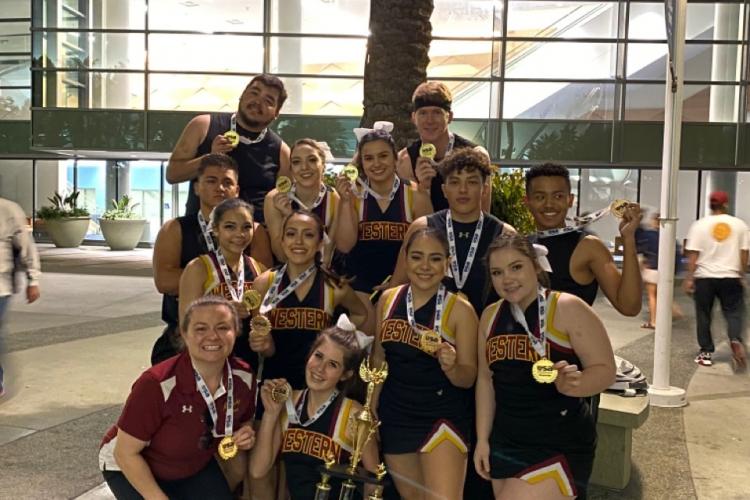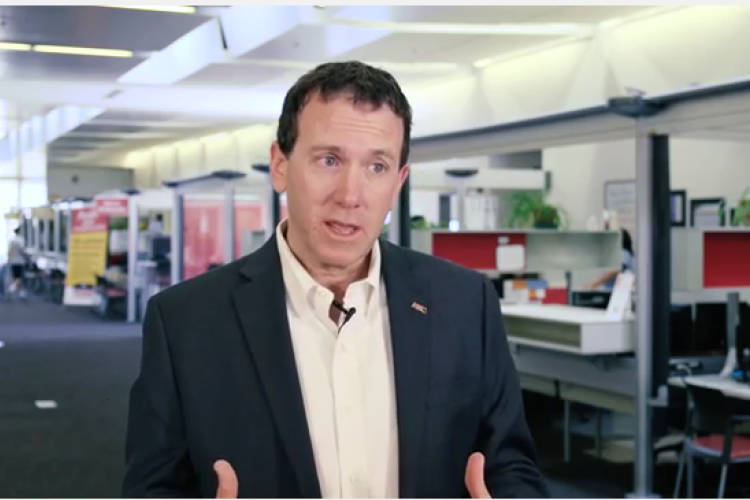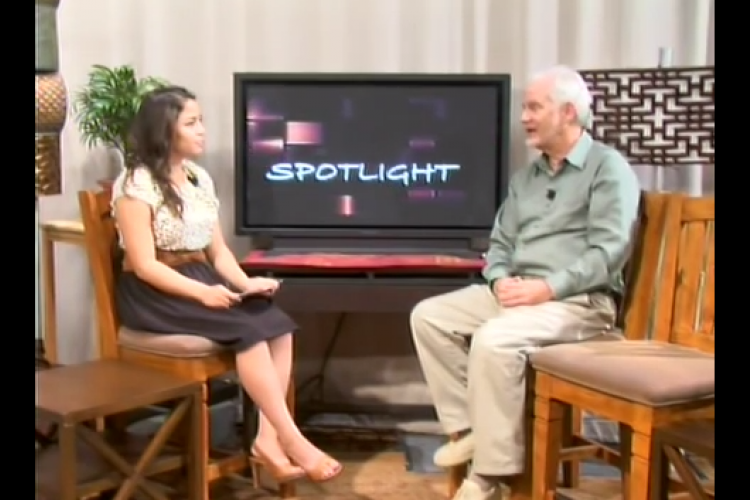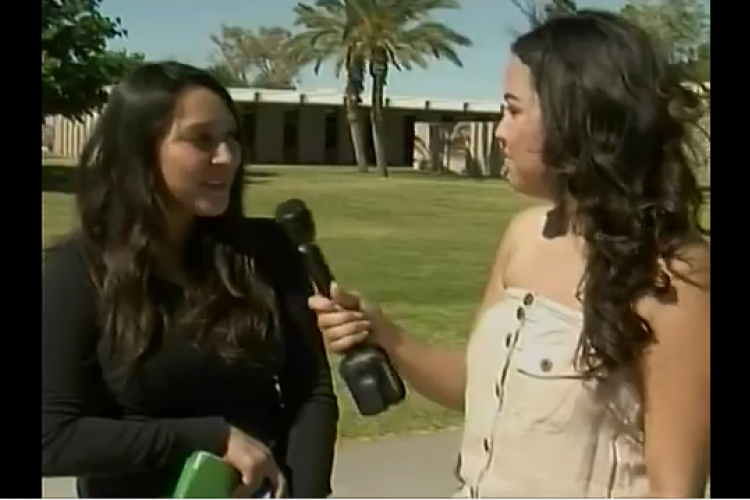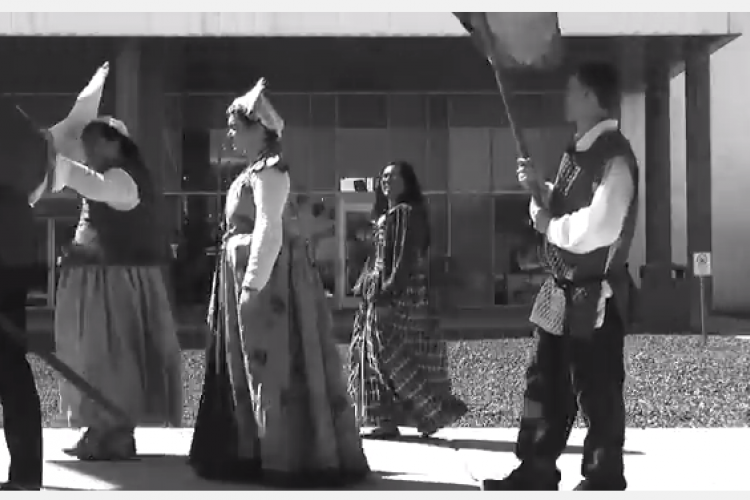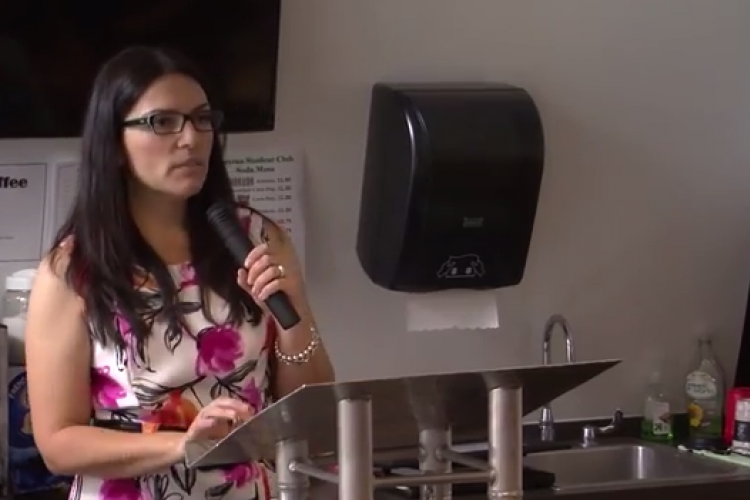
Freedom, privacy, and all that jazz
By William Devey
As a free American a person has the right to not only have an opinion but share it also. As a free citizen you are allowed to work for whichever company will hire you. There is not a predestined employment for the people. Understandably some freedoms of speech end when you enter the work place.
It would be bad form of a company to hire someone that worked against the progression and growth of that company. A leather company isn't going to hire PETA protestors that voice their opinions at work. Customers would never by leather. This is where privacy comes into play; outside of work an employee has the right and freedom to live their lives as they please.
In the digital age where does privacy become intrusion? Social media sites have made private life public. A person's hobbies, opinions, and even photographs can now be viewed by the world. Employers can now peer into employees private lives with a few clicks on a keyboard.
This type of intrusion can cause employees private lives to create turmoil in their work lives. Opinions can clash, biased opinions against co-workers could be formed, and in some extreme cases termination of employment. This is a growing issue in an increasingly competitive work place.
Recently an employee of a local Wal-Mart store was called in by a manager because the retired Marine manager disagreed with anti-military posts the employee made. The employee was told that while this manager could technically not do anything because it is freedom of speech they can cut the employee's hours due to limited hours available. This employee was marked by on manager over a difference of opinions.
Even with privacy protection on some sites there are still ways for information, comments, and posts to be viewed. Offending people happens it is just part of life, but when it happens outside the workplace it should stay outside the workplace.
Ups & downs of social networks
By Luis Garcia
Are social networks affecting you from getting a job? Are your Facebook pictures too revealing? Are your tweets too explicit? These are some of the questions students should be asking themselves. Social media has taken such a big role in young adult's lives. But should that be enough to affect them down the line?
If students aren't careful about what they post online, a scary reality could harm them. They post items on Facebook and Twitter without thinking twice. Students don't realize what reputation they build online on social networks. Future bosses are always looking through their future employees' social media accounts. They want to see what type of employee they may hire.
Another downfall to social networks is that they can be addicting. People wake up and the first thing they do is open up a social media app on their phone. Students can be on social networks just because they're bored or they don't have anything better to do. That's how some of their minds work. They refresh their timelines constantly just to see who's doing what and who's talking to whom.
Social networks could also be used to students' advantage. They can use these networks to show what different things they're involved in, and they can also gain valuable connections with people online. Those connections can in turn generate more connections and lead students in the right direction. By creating strong connections on social media sites, they can get great career opportunities and rad life experiences.
At the end of the day, social networks can either be bad or good, depending on how they're used. They can make or break students' futures before they even begin, so they should think twice about what they post. There's no telling who might be watching.

